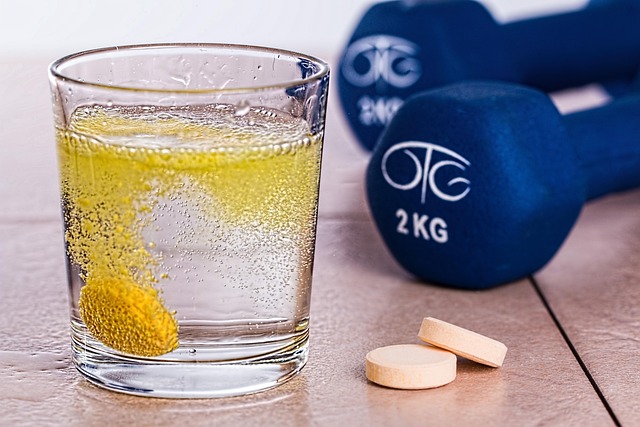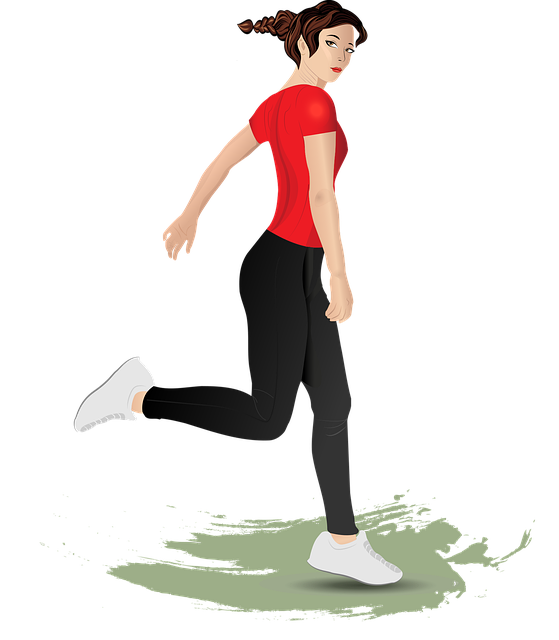A holistic approach to sports injury recovery combines therapy with wellness practices for optimal results. Beyond fixing physical injuries, this method addresses mental barriers using cognitive-behavioral therapy (CBT) and mindfulness. It incorporates tailored exercise, nutrition guidance, and stress management techniques to nurture both mind and body. This comprehensive strategy speeds healing, fosters resilience, and supports athletes' successful return to competitive sports, making it a revolutionary approach for effective sports injury recovery plans.
Combining therapy and wellness is a game-changer in optimal sports injury recovery. This comprehensive approach addresses not just physical healing but also mental and emotional well-being. In this article, we delve into understanding the interconnection between therapy and wellness, crafting holistic sports injury recovery plans, incorporating evidence-based therapies for accelerated healing, and exploring lifestyle adjustments and self-care strategies for long-term success.
- Understanding the Interconnection Between Therapy and Wellness
- Crafting a Holistic Sports Injury Recovery Plan
- Incorporating Evidence-Based Therapies for Accelerated Healing
- Lifestyle Adjustments and Self-Care Strategies for Long-Term Success
Understanding the Interconnection Between Therapy and Wellness

In the pursuit of optimal recovery, especially from complex issues like sports injuries, it’s crucial to recognize the symbiotic relationship between therapy and wellness. Therapy isn’t just about fixing what’s wrong; it’s a tool to uncover underlying causes, address mental barriers, and develop coping strategies essential for overall well-being. Simultaneously, wellness practices – including physical activity, nutrition, and stress management – fuel the body and mind, creating an environment conducive to therapy’s effectiveness.
When seamlessly integrated into a sports injury recovery plan, therapy and wellness become powerful allies. Therapy helps individuals process pain, anxiety, or depression that may arise during recovery, while wellness practices enhance physical strength, flexibility, and resilience. This holistic approach ensures that both the mind and body are nurtured, leading to more robust, sustainable recoveries.
Crafting a Holistic Sports Injury Recovery Plan

A holistic sports injury recovery plan is a game-changer for athletes looking to return to their peak performance. This approach goes beyond traditional physical therapy, integrating mental wellness strategies tailored to the individual’s needs. By combining therapeutic techniques with stress management, nutrition, and mindfulness practices, athletes can enhance their overall recovery process.
Such plans involve crafting a personalized roadmap that addresses not just the physical wounds but also the psychological impact of injuries. For instance, incorporating cognitive-behavioral therapy (CBT) can help athletes combat fear, anxiety, or depression associated with their injury, while mindfulness meditation enhances mental resilience and promotes faster healing. Moreover, tailored exercise regimes that consider both strength and flexibility gains, alongside nutritional guidance to support recovery and performance, ensure a comprehensive approach to sports injury recovery plans.
Incorporating Evidence-Based Therapies for Accelerated Healing

Incorporating evidence-based therapies into a wellness routine can significantly accelerate healing for those recovering from sports injuries. Techniques such as cognitive behavioral therapy (CBT), mindfulness practices, and physical therapies backed by scientific research have proven effective in not just alleviating pain and inflammation but also addressing the psychological aspects of injury. These therapies help athletes manage stress, anxiety, and depression that often accompany long-term recovery, fostering a more holistic approach to healing.
For optimal results in sports injury recovery plans, it’s crucial to tailor these evidence-based therapies to individual needs. A combination of cognitive reframing, relaxation techniques, and targeted physical exercises can lead to faster and more sustainable improvement. By integrating such strategies into their wellness regimens, athletes can enhance their ability to cope with the challenges of injury, ultimately supporting a smoother transition back to competitive sports.
Lifestyle Adjustments and Self-Care Strategies for Long-Term Success

In addition to professional therapy, creating a holistic sports injury recovery plan involves incorporating sustainable lifestyle adjustments and self-care strategies. This means adopting a balanced diet rich in nutrients to support healing and energy levels, prioritizing adequate sleep to allow the body to repair itself, and engaging in regular low-impact exercise to improve circulation and maintain strength without exacerbating the injury. Mindfulness practices such as meditation or yoga can also be powerful tools for managing pain and stress.
Long-term success requires a focus on prevention through consistent self-care. This includes staying hydrated, wearing appropriate protective gear during physical activity, and recognizing when to rest and recover. By integrating these strategies into daily routines, individuals can enhance their sports injury recovery plans, reduce the risk of future injuries, and cultivate a deeper connection with their bodies.
Combining therapy and wellness is a powerful approach to optimize sports injury recovery. By integrating holistic practices, evidence-based treatments, and self-care routines, athletes can accelerate healing and achieve long-term success. A well-crafted sports injury recovery plan, that considers both physical and mental aspects, empowers individuals to navigate challenges, regain strength, and return to their active lifestyles with renewed vitality.
